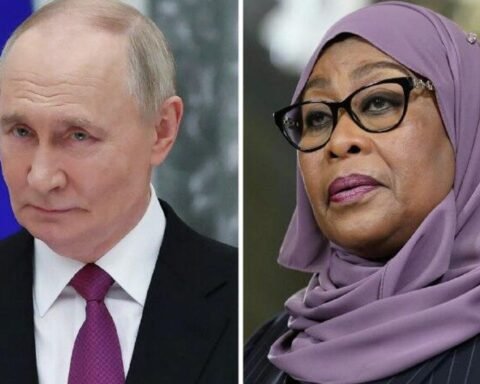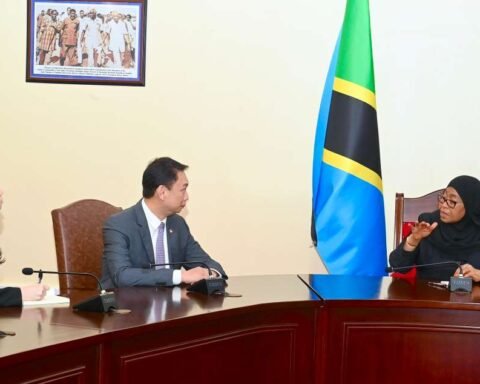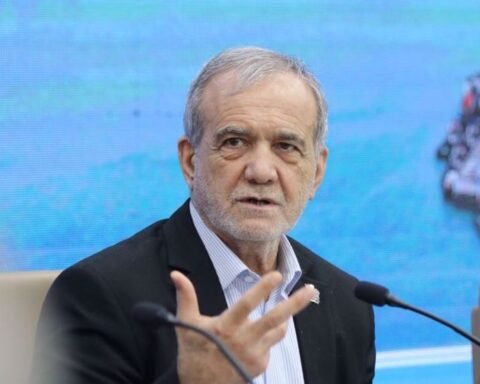The decision by Tanzanian authorities to deregister the Glory of Christ Tanzania Church, led by outspoken Bishop Josephat Gwajima, has ignited a heated national debate about the intersection of religious freedom and state control.
On June 2, 2025, the Registrar of Civil Societies, Mr Emmanuel Kihampa, issued a formal notice revoking the church’s registration. He cited violations under Section 17 of the Societies Act, Cap. 337, read together with Section 39 of the Written Laws (Miscellaneous Amendments) Act No. 3 of 2019. The church, according to the Registrar, had repeatedly delivered politically charged sermons that risked inciting public unrest.
“You are hereby informed that the registration of the Glory of Christ Tanzania Church has been revoked with effect from today,” the letter stated, adding that all associated activities must cease immediately.
The church’s leader, Bishop Gwajima—who also serves as a Member of Parliament for Kawe under the ruling Chama Cha Mapinduzi (CCM) party—is no stranger to controversy. Known for his charismatic preaching and often combative stance, Gwajima has long drawn attention for blurring the line between the pulpit and political platform.
His recent sermons touched on sensitive national issues, including claims of enforced disappearances and alleged human rights violations committed by law enforcement. International human rights organizations have echoed these concerns, with some alleging that political dissidents and civil society members have been targeted ahead of the 2025 general elections.
Also Read; Duterte Faces ICC Arrest Warrant Threat
The government maintains that the action taken against the church was legal and targeted at an institution—not an individual. However, critics argue it infringes on the constitutional right to worship.
Reactions to the move have been swift and divided. Civil society groups, legal experts, and religious leaders have called for transparency, fearing the decision may set a precedent for curtailing freedom of expression and association in Tanzania. Some worshippers gathered peacefully outside the church’s Dar es Salaam headquarters, praying and singing hymns in quiet protest.
This is not the first time Bishop Gwajima has found himself at odds with the authorities. In 2021, he was briefly suspended from Parliament and later investigated for allegedly spreading COVID-19 vaccine misinformation. Despite previous warnings from regulators, he has continued to challenge official narratives on various public health and political matters.
Government officials have yet to confirm whether the church will be allowed to appeal the deregistration. In the meantime, analysts say the move could become a flashpoint in the lead-up to Tanzania’s closely watched elections.
Similar cases have occurred in other countries within the East African Community (EAC), where states have cracked down on religious institutions perceived as politically disruptive. Notably, in Kenya, several ministries were deregistered under similar allegations of incitement and extremism.







